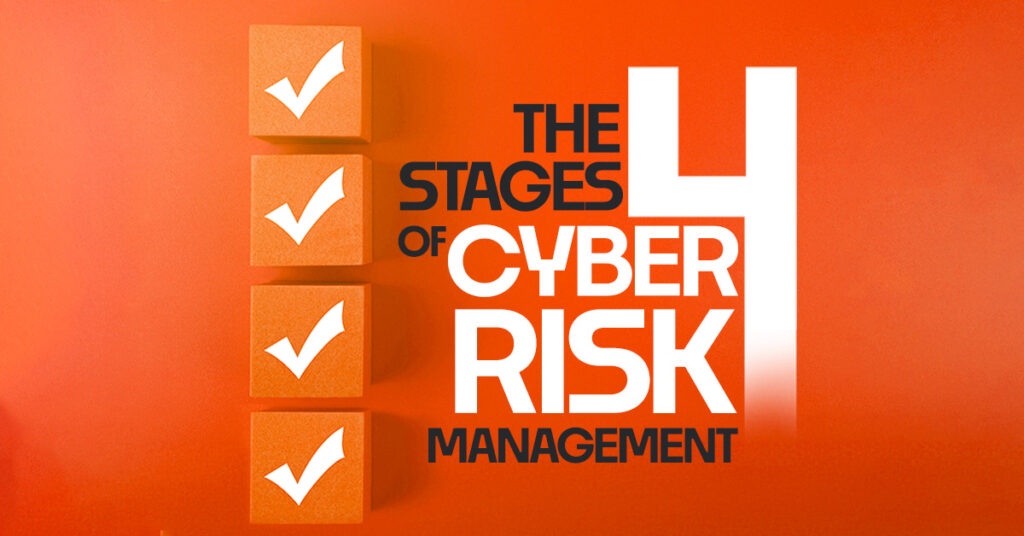The Four Stages of Cyber Risk Management
THE FOUR STAGES UNVEILED Risk Identification Recognize vulnerabilities susceptible to cyberthreats Conduct a thorough risk assessment Consider internal and external factors Classify assets based on importance and sensitivity Risk Assessment and Analysis Evaluate identified risks for potential impact and likelihood Analyze consequences and assess the probability of occurrence Estimate financial, operational and reputational impact Prioritize […]
The Four Stages of Cyber Risk Management Read More »














